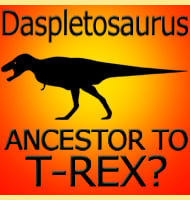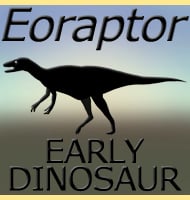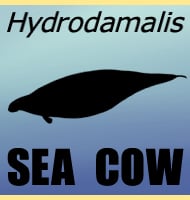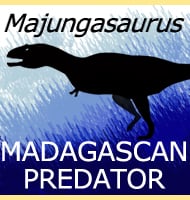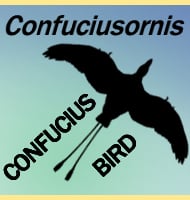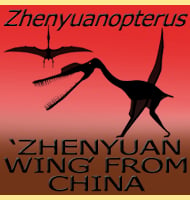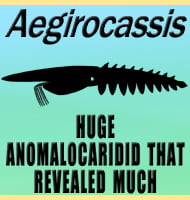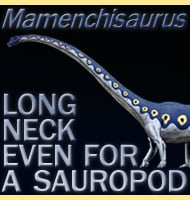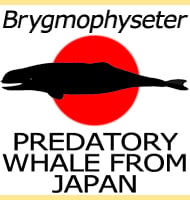In Depth
Tadzhikosuchus was a late Cretaceous era crocodile that lived in what would become Uzbekistan and Tajikistan. Three species were once named for the genus but a 2000 review resulted in the observation that no differences between the available fossils could differentiate three separate species. Therefore the species T. neutralis and T. kizylkumensis are now referred to the type species, T. macrodentis.
There is also uncertainty about Tadzhikosuchus at the genus level. Another genus of crocodile from the same locations of Uzbekistan that Tadzhikosuchus is known from is Zhyrasuchus. Zhyrasuchus has been speculated to be a synonym of Tadzhikosuchus, but the limited fossil remains of Zhyrasuchus have so far made it impossible to prove this theory. The Tadzhikosuchus genus itself has also been considered to be a synonym of Diplocynodon, a crocodile that lived in Europe many millions of years later around the Eocene to Miocene periods. The only notable differences between Tadzhikosuchus and Diplocynodon are seen in the tooth shapes and socket positions, so it may be that the genus Tadzhikosuchus actually represents a species of Diplocynodon.
If correct then it would indicate that the genus Diplocynodon survived the KT extinction that marks the end of many reptile groups such as the dinosaurs, pterosaurs and marine reptiles such as plesiosaurs and mosasaurs. This is not actually that unusual as other genera of crocodiles are believed to have survived the KT extinction, with Brachychampsa and Dyrosaurus to name just two genera that did this.
Further Reading
- A two-fanged crocodile from the Upper Cretaceous in Tadzhikistan – Efimov – 1982. - Mesozoic crocodyliforms of north-central Eurasia. In M. J. Benton, M. A. Shishkin, D. M. Unwin, E. N. Kurochkin (eds.), The Age of Dinosaurs in Russia and Mongolia 402-419 - G. W. Storrs and M. B. Efimov - 2000.

